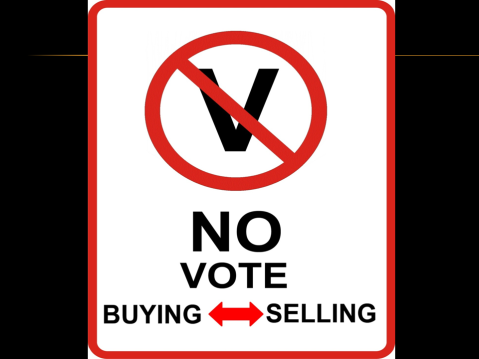Even boxer Emmanuel “Manny” Pacquiao got bitten by it. He admitted recently in Macau that he is considering running for Philippine presidency, possibly in 2016. The first to do so, Vice President Jejomar “Jojo” Binay already announced his availability in 2012. Just before the 2013 elections, Senator Ramon “Bong” Revilla, Jr. also said he is open to become a candidate. Just after the elections, Ferdinand “Bongbong” Marcos, Jr., possibly as a trial balloon, broadly hinted he will run for presidency. Of course, the ruling Liberal Party is expected to field its presidential candidate in the 2016 elections, although it is still mulling over whether it is Secretary Manuel “Mar” Roxas II or another LP stalwart.
Of course, we cannot leave out possible top-ranking senators such as Senate President Franklin “Frank” Drilon, Senator Jose “Jinggoy” Ejercito Estrada, Senator Francis “Chiz” Escudero, Senator Loren Legarda, Senator Alan Peter Cayetano, and 2013 topnotcher Senator Grace Poe-Llamanzares. After all, the Senate, with its national constituency, is the traditional launching pad for presidential bids.
Aside from them, there are other possible presidential bids, such as from former president Joseph “Erap” Estrada or, a dark horse, businessman Manuel “Manny” Pangilinan. The list is by no means complete, as ambitions and opportunities met in future scenarios.
What is evident is that the campaign preparations—and even the campaign itself—for the 2016 presidential election have started. No serious presidential wannabe can afford to be caught unprepared.
The media nowadays are full of “exposés” and praise pieces about the 2016 would-be candidates. This is the sure sign of the campaign season starting.
What are the stakes for 2016? Of course, the holding of presidential power comes at the top of all considerations. The Philippine president, more than even the US president, enjoys wider latitudes of authority, short of Ferdinand Marcos’ own dictatorial powers during martial rule. He or she can appoint officials down to the sixth level of bureaucracy (provincial level), judicial officials down to the municipal level, and military and police officers down to the level of captains or equivalent. He or she can make line vetoes of the national budget, realign or authorize disbursements of public funds, inside or outside the national budget, and can control the pork barrel funds of legislators and internal revenue allotments of local governments. There are other powers that can also be cited.
And, of course, the perks and privileges…no one comes even close to the president’s with a whole presidential security brigade for escort, several tens of billions a year for presidential budget, and a whole fleet of air, sea and ground transportation assets for travel.
Who is the politician would not want to be the president? Indeed, who is the actor or boxer who will refuse the opportunity? Of course, the popular comedian actor Dolphy has his classic repartee when he was asked the question: “What if I win?” However, as far as I know, he was never asked by the kingmakers.
-sourceLhttp://ph.news.yahoo.com/blogs/pinoy-kibitzer/2016-elections-now-120623294.html–



 Nakakalat ang mga basura ng ating Lipunan na nagpapahirap sa taongbayan. Malapit na ang halalan ating linisin ang basura sa ating bayan.
Nakakalat ang mga basura ng ating Lipunan na nagpapahirap sa taongbayan. Malapit na ang halalan ating linisin ang basura sa ating bayan. 